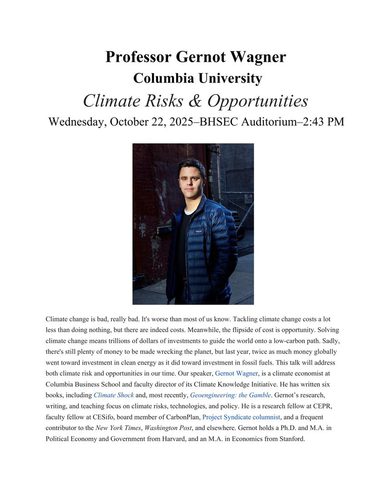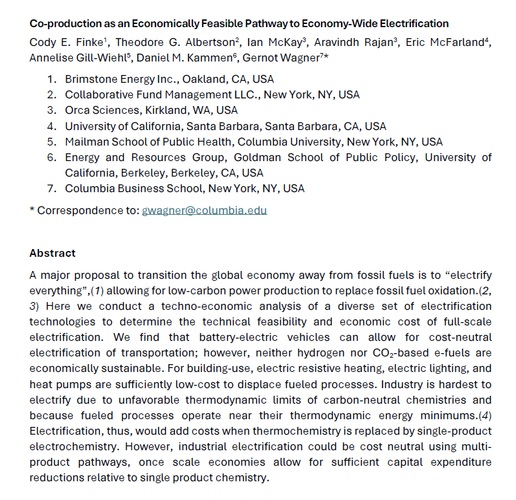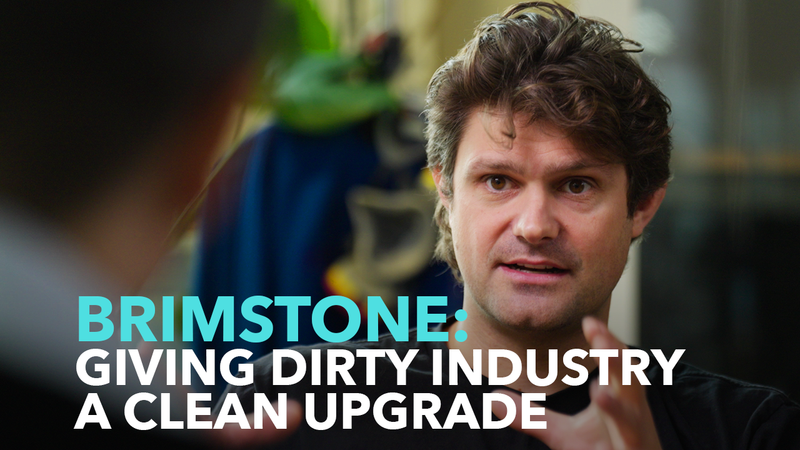Columbia Society of Fellows/Heyman Center: "Climate and the Economy"
Columbia University

Columbia University

Stony Book, New York

Spring 2026 A-term course

Spring 2026 A-term course

Columbia Business School Climate Knowledge Initiative

Spring 2026 January Block Week

by Margaret Talbot

Columbia Business School

Innsbruck, Österreich

Bard High School Early College, Manhattan

Columbia Business School

Columbia Business School Case

Columbia Business School

Columbia Business School Climate Knowledge Initiative

Museumsquartier, Wien

by Cody E. Finke, Theodore G. Albertson, Ian McKay, Aravindh Rajan, Eric McFarland, Annelise Gill-Wiehl, Daniel M. Kammen, and Gernot Wagner

Columbia Business School Executive Education

If political conditions in the United States and elsewhere require a rebranding of technologies formerly known as “climate tech,” so be it. The larger economic, technological, and geopolitical forces propelling everyone toward cleaner energy remain as strong as ever.

The YEARS Project mini-documentary

Financial Times business school teaching case study
